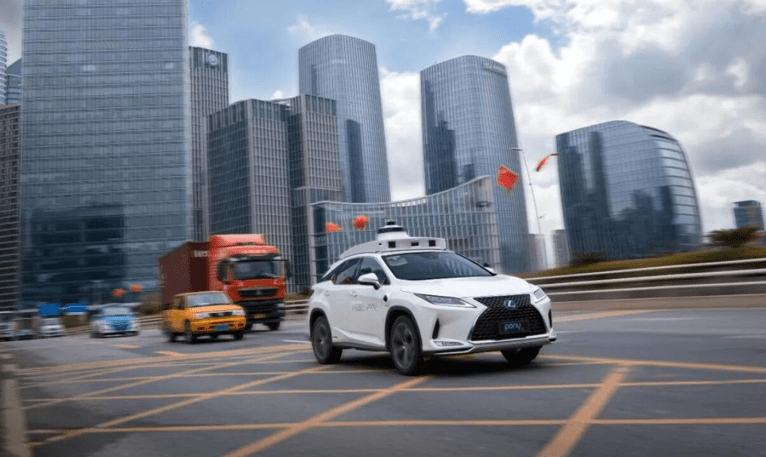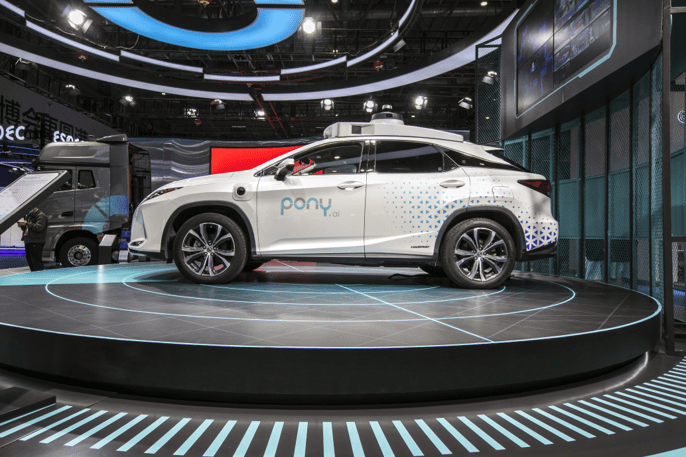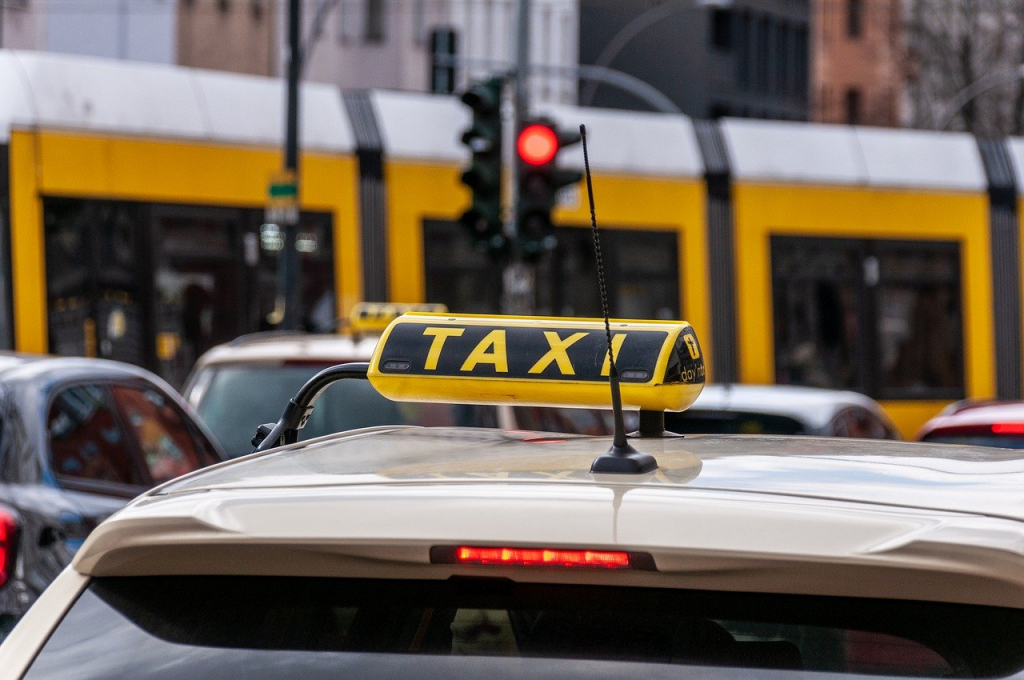Shenzen, China, is preparing for a groundbreaking development in autonomous driving, as local authorities and autonomous driving companies have agreed to introduce unmanned cars on the city’s streets. This commercial pilot project, the first of its kind in China, is set to revolutionize transportation and pave the way for future advancements in autonomous vehicles.
According to a report by China Daily, the administrative body of the Shenzhen-Hong Kong Modern Service Industry Cooperation Zone in Qianhai, along with travel website Ontime and autonomous driving service provider Pony.ai, has signed a contract to initiate this pioneering initiative. The project will encompass several significant areas within Shenzen, including tourist attractions, central business districts, exhibition centers, airports, and an urban area with an ocean theme in Qianhai, part of the China (Guangdong) Pilot Free Trade Zone.

Under the agreement, Pony.ai and Ontime will collaborate to establish a skilled robotaxi operations team in Qianhai. Their main focus will be on exploring commercial multiparty business models and enhancing the operational capabilities of unmanned ride-hailing vehicles. This will involve developing efficient management systems, defining responsibility distribution, and ensuring robust safety oversight.
One distinctive feature of this project is its aim to eliminate the need for human intervention in autonomous vehicles. While most autonomous driving projects worldwide still require a driver to be present in case manual control is needed, this initiative in Shenzen will remove the jobs of drivers and front-seat passenger safety officers altogether. By doing so, it paves the way for a truly driverless experience.
China has been at the forefront of autonomous driving advancements, with various provinces implementing policies to facilitate the introduction of fully autonomous robotaxi services. Shenzhen, in particular, became the first city in China to permit fully unmanned autonomous driving services in August 2019 when legislation governing intelligent connected vehicle management was enacted. Since then, other cities, including Chongqing, Wuhan, and Beijing, have followed suit and approved fully driverless autonomous driving commercial demonstration services.

Chinese autonomous driving companies, such as Baidu Apollo, Pony.ai, AutoX, and Deeproute.ai, have witnessed a surge in investments and have been actively promoting various types of robotaxi services across the country. This recent agreement between Pony.ai, Ontime, and the administrative body of the Shenzhen-Hong Kong Modern Service Industry Cooperation Zone highlights the travel services provider’s entry into the autonomous driving sector, marking a significant milestone for the company.
Moreover, Guangzhou, located in the Guangdong province, witnessed Ontime’s initiation of manned and autonomous vehicle operations in October of the previous year. This move made Ontime the first travel platform in the Guangdong-Hong Kong-Macao Greater Bay Area to successfully implement robotaxi operations, showcasing their commitment to advancing autonomous transportation.

Meanwhile, in the United States, San Francisco is preparing to become the first city with two fully driverless services competing against industry giants like Uber, Lyft, and traditional taxis. Companies like Cruise, a subsidiary of General Motors, and Waymo, a Google spinoff, aim to achieve this significant milestone before the year’s end.
As cities around the world embrace autonomous driving, significant advancements and competition within the industry are anticipated, bringing us closer to a world where self-driving vehicles become a common sight on our streets.


